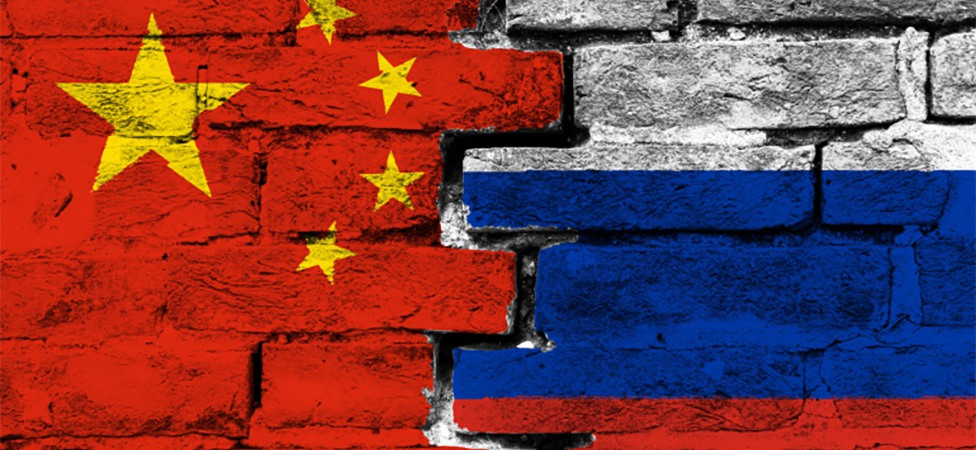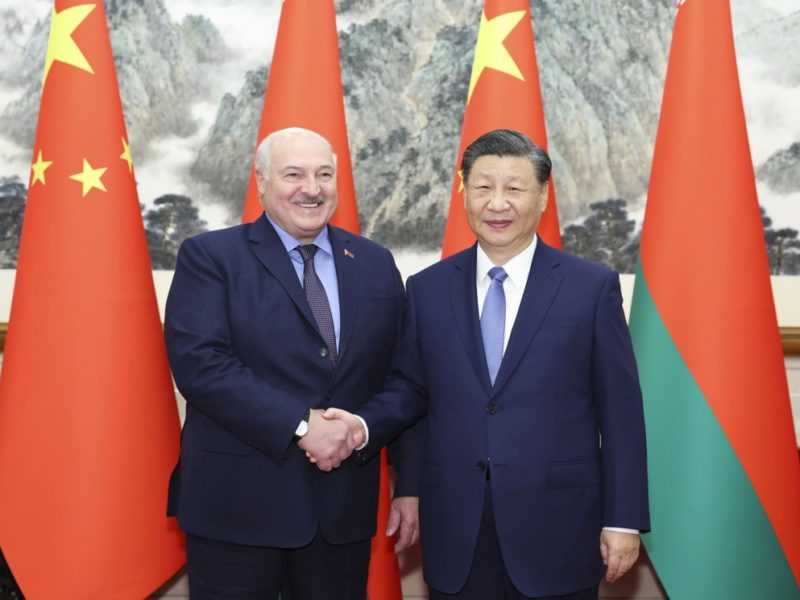The dynamics of international relations have been fundamentally altered by the global pandemic’s far-reaching impact and Russia’s full-scale conventional warfare in Ukraine. The common understanding stood that the post-coronavirus era would usher in a new world order, with the invasion of Ukraine and the imposition of sanctions against Russia further bolstering this contention. While the entire democratic world is concentrated on fighting one crisis after another, we also see the shifts in the behavior and positions of individual states, security alliances and international organizations.
International society is in the middle of significant transitions, revising goals and values and adjusting new policies toward the changing world order. It is the time to redefine the terms, mandates, search for new partners and new allies, and mark red lines. It is exactly the objective of this essay, to identify specific problems and policy shortcomings revealed amid recent global developments and the absolute necessity for the security alliances to consider, building resilience and boosting effective and timely cooperation with relevant parties aimed at rapid response and effective prevention of crises in the future.
The COVID-19 pandemic has become the most unprecedented global challenge the world has faced since World War II. The early alarms regarding the outbreak were elusive and unbelievable for all, resulting in the absence of prompt reactions and a number of political, economic, and health policy setbacks. In line with these obstacles, the virus has also shown the states their own insecurities. Countries acted spontaneously, and prioritized individual needs as opposed to collective strategies within the alliances to combat the virus jointly. The lack of solidarity at the initial stage negatively affected the mobilization, coordination, and allocation of necessary resources to combat the pandemic in the early phase. Together with uncoordinated action, unfamiliarity with the virus, the absence of sufficient medical equipment and treatments, and the shortages of vaccines caused total chaos in the world. In the early stage of fighting the pandemic EU and NATO missed the most important asset, unparalleled knowledge and strength available to them when joining forces and getting into collective action. Hence, the crisis instigated a severe blow to the world population and struck the global market as well, leaving long-term damaging consequences.
Timely assessment and recognition of failures and shortcomings brought by individual action strengthened democratic alliances and brought us to the strongest ever united democratic front against the unprovoked and unjustified full-scale invasion of the Russian Federation into Ukraine.
Why did this happen only now? It certainly is not the first demonstration of Russian aggression. The events of 2008 and 2014 have already exposed Russia to stirring up conflicts, occupying territories of independent states, and then using them as leverage to manipulate its neighbors, prevent progress, and their integration into the Western economic and security alliances. The democratic world united against Russia only after Kremlin turned the conflict that started in 2014 into a full-scale war in Ukraine, bringing back fear of war in Europe and reminding the largest and strongest alliances, the EU and NATO of their original mission to keep Europe united and in peace. The war in Europe facilitated rapid change in policies and caused an increase in defense spending and arms production.
Against the backdrop of the war in Ukraine, it is important to highlight two additional issues: the PRC and its role in the new world order and the threat of global nuclear conflict.
The Chinese factor is a common feature of the pandemic and the war since it is equally relevant in both cases. The PRC’s concealment of the covid outbreak, information manipulation, and subsequent wide-scale “covid diplomacy” led to the massive transmission of the virus, nurturing disastrous global economic and health crises. The Chinese factor is also noteworthy precisely because of the global game it has played so far, according to which, on the one hand, it calls itself the “peacemaker”, and on the other hand, as an authoritarian state, provides indirect economic and military support to another authoritarian state, Russia, against the Western security alliances.
The war in Ukraine also revived the concept of nuclear security as the risks of inadvertent nuclear escalation increased. It likewise highlighted the ineffectiveness of the 1994 Budapest Memorandum, thereby raising doubts about the credibility of security alliances and the promises they have made, placing the onus on them to offer complete support to Ukraine. Therefore, as long as nuclear weapons are in the hands of authoritarian states, this issue should not lose its relevancy for security alliances, as mismanagement will have enormously irreversible results for the whole world.
The crisis of the last years brought the existing international world order under huge pressure. The experience of the pandemic proved that we could take nothing for granted and even the strongest alliances, united by the strongest bonds of common values, markets, and security dilemmas, might crumble against the invisible and unknown enemy. However, success is determined not only by how we react initially but, more importantly, by recognizing shortcomings, accurate assessment, and immediate action for improvement and eradication of causes of failures. Regardless of all the problems, democracies came out more robust from the covid crisis, even more, enchanted by the magic of unity and solidarity.
Rigorous and reliable cooperation under the umbrella of security alliances serves as vital mechanisms for collective action, fostering the consolidation of resources, expertise, and collaborative endeavors to effectively confront shared challenges while promoting global security and stability. Different from and learning from the mistakes of covid pandemic, Russia’s brutal aggression in Ukraine unified the democratic world and facilitated an even stronger commitment to peace and liberty based on respect for the sovereignty of the democratic states and freedom of choice over partnership and alliances. Faced by the brutality of conventional war in Europe, brought the alliances to look ahead and pay special attention to authoritarian states beyond Russia, creating leverage by initially reducing cooperation, and lowering economic/diplomatic dependence on them. With these means and united action, we aim at rapidly preventing future crises, the security alliances must never stop working to develop even more efficient universal policy directives for themselves and to share with the partner parties.

Ani Kintsurashvili – Author of the Article, Senior Researcher, Civic IDEA




